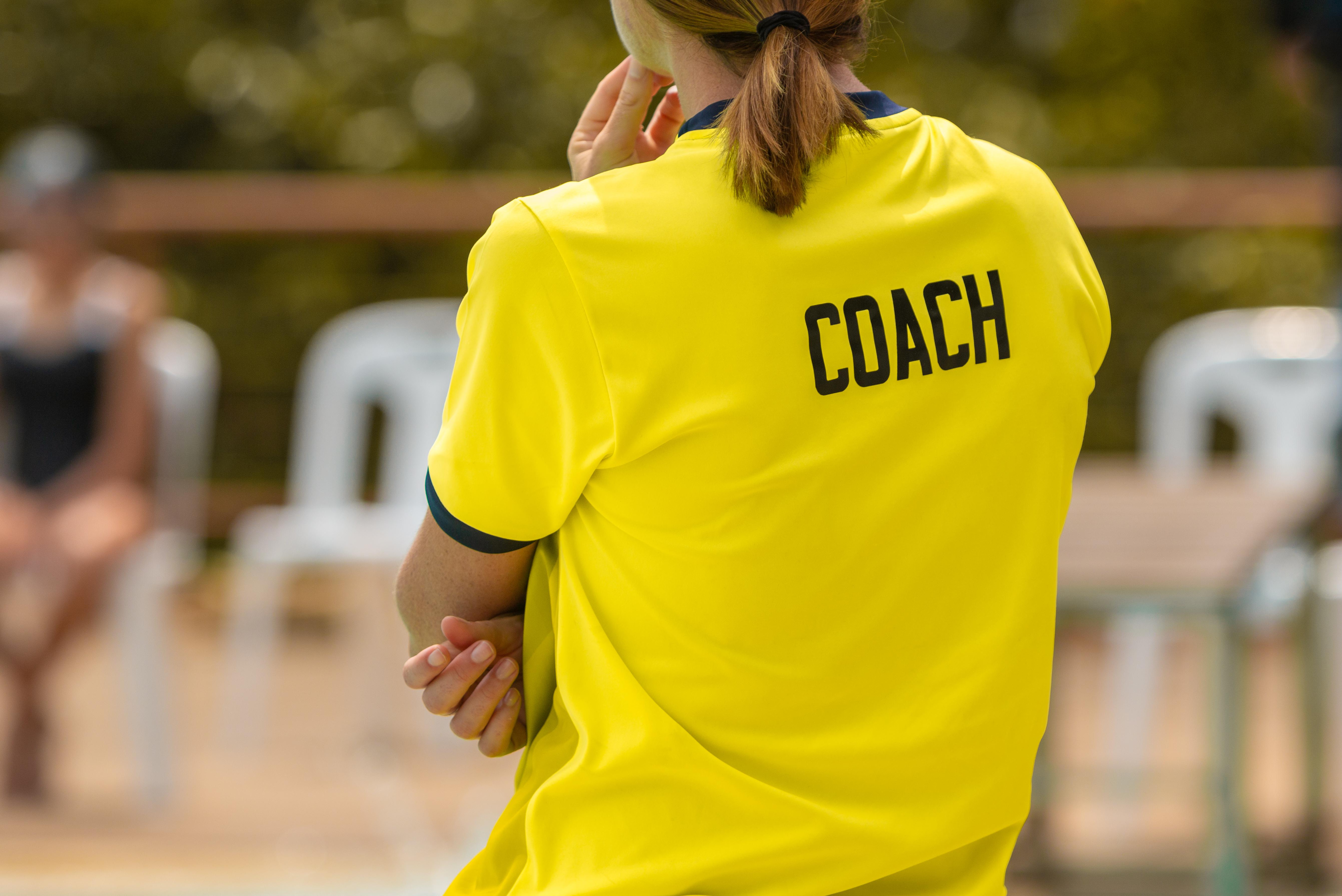Benefits of Women in Coaching
A diverse coaching team will relate to a broader reach of athletes and help with retention. Whilst some athletes may work better with male coaches, others with female, or just with those with a similar background. The more diverse the coaching team, the more athletes will be accommodated. The benefits of gender equality in coaching can be summarised in five key areas:
- More choice: More coaches equals more choice which equals greater participant satisfaction.
- Additional skills: Participants and coaches have access to a wider skill set.
- Untapped resources: More inclusive recruitment practice will reduce shortages in club coaching.
- Cultural change: Equality within the coaching environment can ensure the culture of sport and coaching is welcoming to all genders.
- All welcome: When female coaches are present and visible, it emphasizes the message that females are welcome.
- Economic benefit: For example, in 2018 the economic value of sports volunteering in Ireland was approximately €1.5 billion per year, should the average industrial wage be applied to this unpaid work. In the case of volunteer coaching, additional coaches provide an economic benefit to the team/club with their time and expertise.
Research shows that same sex role models positively influence self-perceptions (Chalabaev, Sarrazin, Fontayne, Boiché, & Clément-Guillotin, 2013). Below is a collection of points made by various experts in their field as to why having more women in coaching is beneficial to a sport.
- They challenge stereotypes about gender and leadership and offer diverse perspectives, insight and advice to their athletes (L. Norman, Rankin Wright, & Allison, 2018).
- Having gender diversity in role models is important because it challenges outdated gender stereotypes about females in leadership (LaVoi & Dutove, 2012).
- Research conducted by long-standing organisation “the Girl Scouts” in the USA, 2002, found that girls want and need female role models. LaVoi likened this to the effect of former female athletes who become coaches and are close to their athletes in age and have experienced many of the same issues (Women in Sport Coaching, 2016).
- It was found that when males have experience of seeing females as competent athletes or players within the sporting sphere, they’re more likely to respect them in the other areas of their lives, at work, as friends and in intimate relationships (L. Norman, 2015).
- Women advocate for their own needs, programs, and athletes. When women are “out of sight, out of mind,” meeting their needs does not get prioritized. Conversely, when there is a critical mass of women decision-makers, the issues which previously went unaddressed can become priorities (Clark, 2012).
- If females see other females coaching they may think about coaching as a legitimate and viable career. Just by being more visible in their role they may inspire other females to pursue and emulate their achievement (Clark, 2012).
